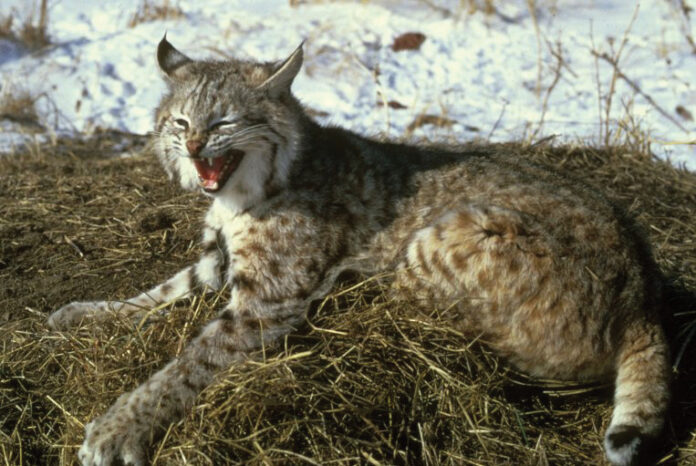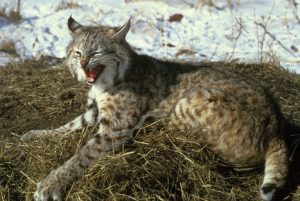
BY HANNES THUM

I have some friends who, after coming out of an end-of-season backcountry trip in a nearby national park, found themselves snowed in, stuck, in a parking lot. An October storm had dumped a large enough amount of snow that the roads within the park had all, suddenly, closed, and so the group had nowhere to go. Information was scarce and the outlook for when they’d be able to leave the park was unclear. The buildings and facilities around them were already being boarded up for winter.
So, as night descended, they made themselves at home, tossing out folding chairs, a tarp between their trucks, and setting up a cookstove on a tailgate. They hardly had a choice.
At some point in the night, a park ranger in one of the law enforcement trucks with red and blue lights on the roof, with a pistol on her hip, pulled up and, politely but firmly, informed them that there was “no camping” in that parking lot.
The group of fishing buddies, sprawled out as they were with their circled trucks and their gear, lanterns ablaze in the darkness, wind and snow howling around them, were worried. Where could they go? Certainly the ranger would understand, they felt.
But, she wouldn’t budge. She was insistent that they cease their camping in that parking lot, at which point someone said, politely but firmly, “define camping.” This simple but insightful request, borne more out of grasping for straws than a philosophical yearning, ended up stopping the conversation about them leaving the parking lot. Because, fair enough: how would anybody at that scene legally be able to define the difference between, say, “having a picnic” or “just hanging out here by my tailgate” or “making a quick snack here under my tarp” and, truly, “camping.”
The ranger let them be, to fend for themselves until the plows did their work. By the next morning, roads had opened and the campers/picnickers were gone.
If you’ll excuse the long analogy, I was thinking about this story when I was struggling, lately, to define “domestication.” I have been spending a lot of time looking for bobcats. Their tracks tell tales that keep my nose to the ground, but they themselves are elusive. To me, bobcats are some of the most wild creatures that inhabit our woods.
Back home, in town, I watched a neighbor’s cat stalking something (I have no idea what) down an alley, through the snow. The cat was black, with a pink collar. It was clearly somebody’s pet. Yet, there it was, out of the watchful eye (and the control) of whatever human claimed to “domesticate” it. It was preparing to kill something. Those instincts run deep, even in a housecat.
I watched its ears turn forward, its tail gently sway low to the ground, its eyes narrow as it crouched behind a old tire, ready to pounce.
Hannes Thum is a Wood River Valley native and has spent most of his life exploring what our local ecosystems have to offer. He currently teaches science at Sun Valley Community School.


